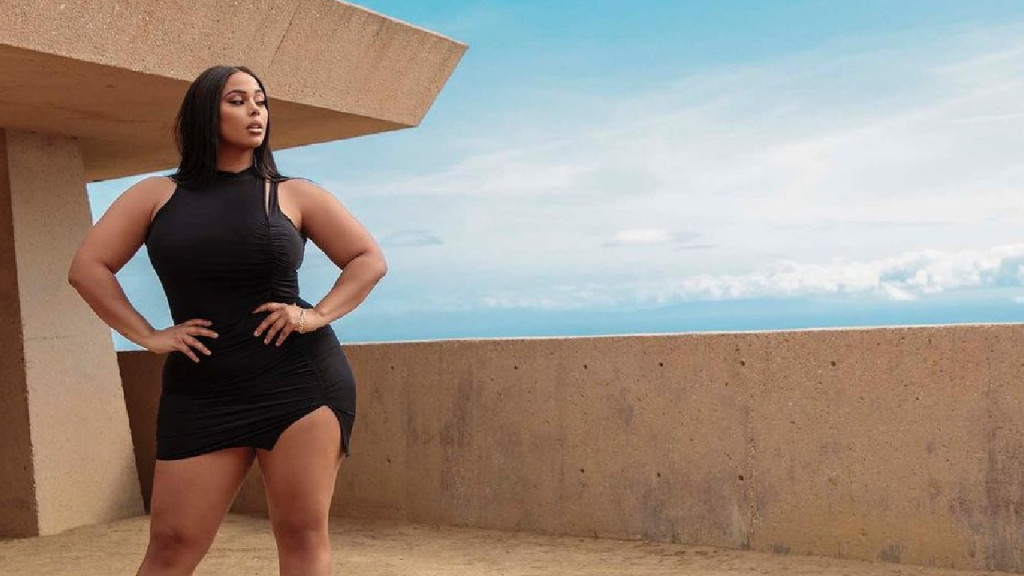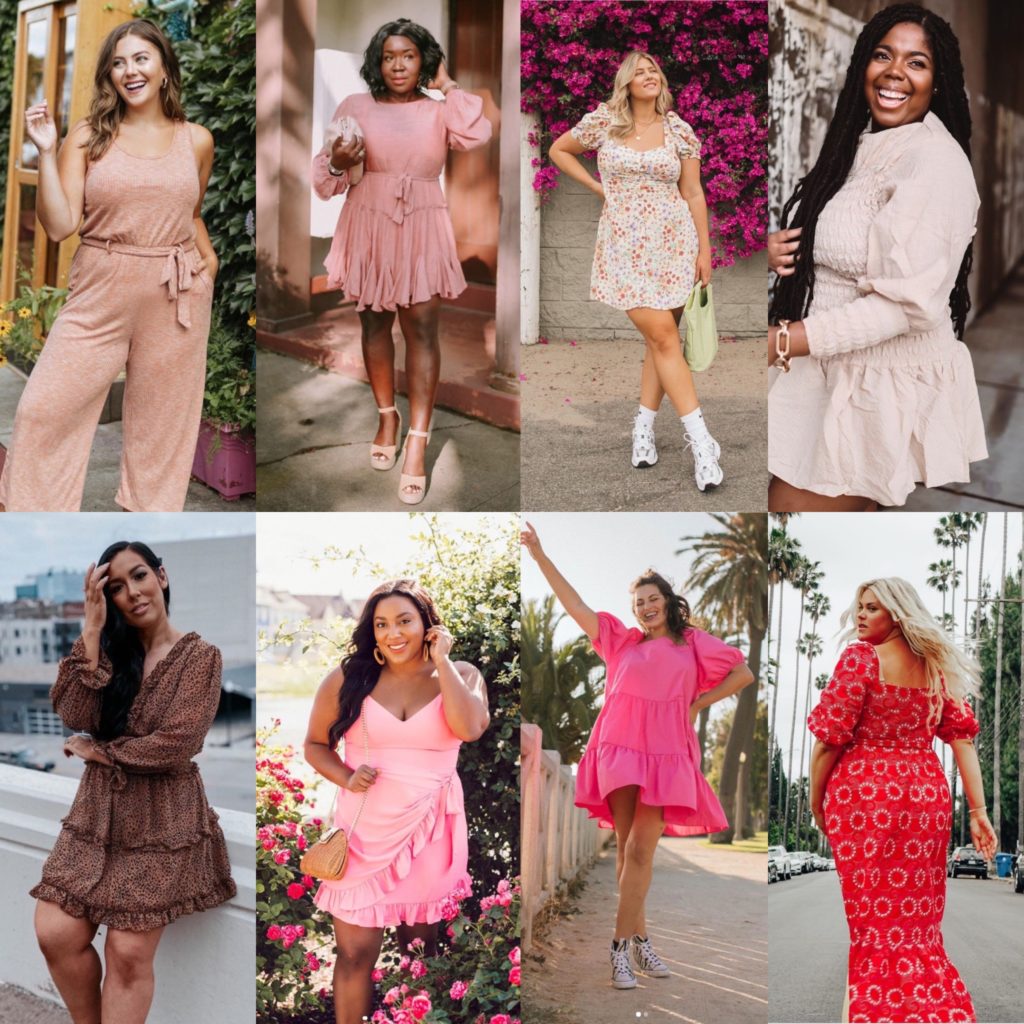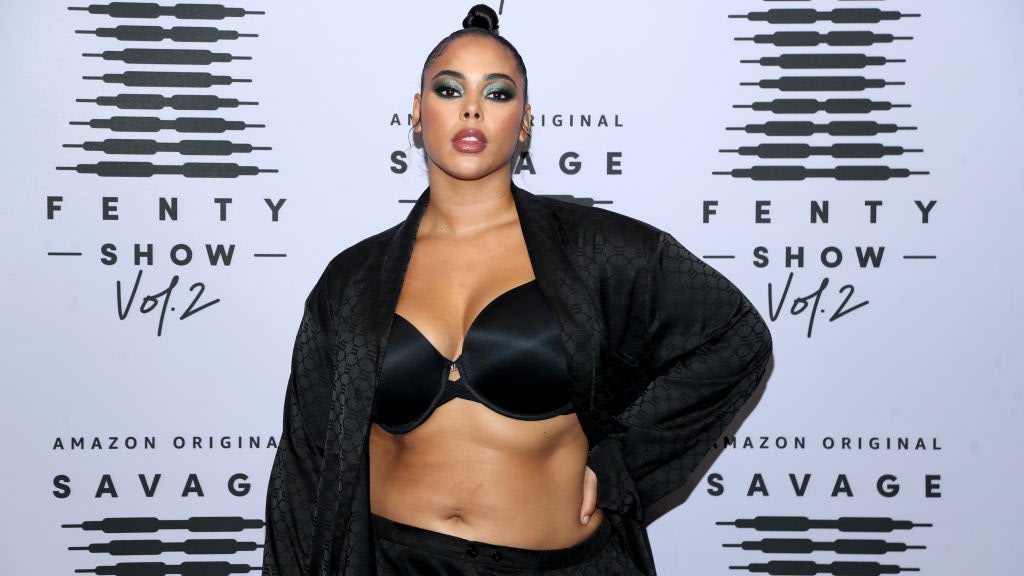The fashion and beauty industries are finally acknowledging diversity in body types. And this new awareness fits in perfectly with the body positivity movement.

Mid-size typically refers to women who fit in sizes between 8-14. These sizes are larger than sample sizes and also do not qualify as plus-size. After the rise of plus-size models and the domination of slim supermodels, mid-size individuals have been the only size group left without representation in the beauty industry. However, the actual size range varies depending on who you ask.
Statistics from personalisation platform True Fit shows that a growing cohort of midsize fashion shoppers are seeing apparel brands begin to blur the lines between standard and plus sizing.
The Rise
True Fit’s Fashion Genome shows growth in mid-sizes (here, UK 12-18) amongst shoppers. Globally, 38% of female True Fit users are mid-size, rising to 42% of women in the UK and 39% in the US. Meanwhile, in Europe, this is slightly lower, with 30% of women represented by those within the mid-size range.
As of May 2021, True Fit’s data shows the majority of retailers on its platform now carry upwards of 90% of their catalogue in mid-size ranges. Sizing is becoming more inclusive with some of the UK’s leading retailers already taking steps to promote size and body inclusivity.

High street fashion retailers such as H&M, Mango and Asos have taken steps to become more size-inclusive with the recent launch and announcement that some of its main lines would now go up to 2XLs.
As Sarah Curran Usher, MD EMEA at True Fit says,
“Diversity and inclusion have become increasingly important for consumers.”
Mid-Size inclusivity has long been an issue the fashion industry has struggled to shake. The rise in mid-size representation is paving the way for more range and accessibility to styles for all sizes.
Mid-Size Modelling
Mid-size models have pioneered this revolution in body positivity by courageously putting their insecurities aside and vouching for inclusivity. These models have spread throughout social media and have worked big name brands. Models such as Isabella Cohen, Catherine Li and Tabria Majors have taken Instagram by storm.

Tabria Majors is one of the progressive leaders within the realm of curvy/plus-size representation. An interview with The Curvy Fashionista explained in detail the impact of body shaming in her own life,
“I remember that I wanted to make myself so small and the antithesis of what I was. I wanted to be much thinner.”
“It’s just crazy to think like that! I wish I could go back, appreciate who I was back then and embrace my body as it was because I was perfectly fine.”
Majors is happy with the amount of representation mid-size women are achieving. However, she still thinks plus-size women and black women are grossly underrepresented. The model is a strong advocate for body positivity. She frequently promotes positive body images and encourages women to feel more excepted in their bodies.
“It [body positivity] means being accepting of all body shapes and sizes. Any type of body there is out there? They should be accepted, praised, represented, and shouldn’t be ostracized.”
Subscribe to FIB’s Weekly Alchemy Report for your weekly dose of music, fashion and pop culture news!






